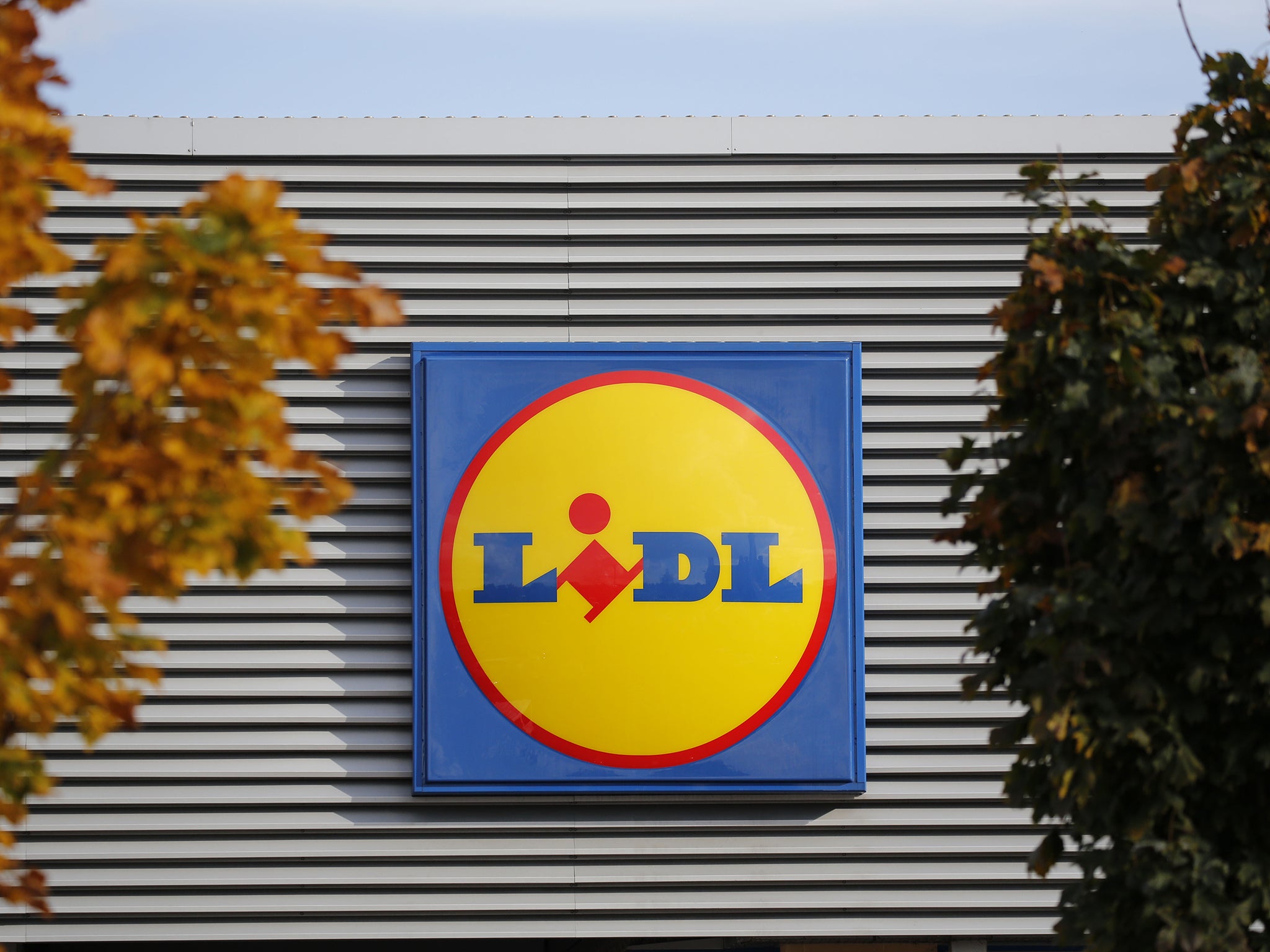Aldi and Lidl are now beating their competitors on non-budget items
Premium own label sales grew by 6.6 per cent in the past 12 weeks

Your support helps us to tell the story
From reproductive rights to climate change to Big Tech, The Independent is on the ground when the story is developing. Whether it's investigating the financials of Elon Musk's pro-Trump PAC or producing our latest documentary, 'The A Word', which shines a light on the American women fighting for reproductive rights, we know how important it is to parse out the facts from the messaging.
At such a critical moment in US history, we need reporters on the ground. Your donation allows us to keep sending journalists to speak to both sides of the story.
The Independent is trusted by Americans across the entire political spectrum. And unlike many other quality news outlets, we choose not to lock Americans out of our reporting and analysis with paywalls. We believe quality journalism should be available to everyone, paid for by those who can afford it.
Your support makes all the difference.Aldi and Lidl, known for their bargain prices, are beating their competititors on premium products sales, new research finds.
The budget supermarkets are leading the way, growing their premium lines more than twice as quickly as the rest of their ranges, according to Kantar Worldpanel, a market research company.
Premium own label sales grew by 6.6 per cent in the past 12 weeks - well ahead of the overall grocery market .
The 'Deluxe with Love' range at Lidl include products such as a 28 day matured dry aged British beef stirloin or lemon and raspberry semiffreddo. While Aldi’s range include its own-label organic baby food and milk formula as well as premium wines now sold online.
Lidl retained its place as UK’s fastest growing supermarket increasing sales by 17.7 per cent to capture 4.4 per cent of the market. Aldi grew sales by 14.4 per cent to reach a new record high market share of 6 per cent.
The Co-operative saw sales increase by 3.9 per cent, its fastest growth since the Somerfield acquisition in 2011, while Sainsbury’s continued to lead the' big four' with a sales increase of 1.2 per cent.
Asda and Morrisons saw sales declines of 3.9 per cent and 2.4 per cent respectively, the latter reflecting Morrisons' store closures accounting for 5 per cent of its trading space.
Kantar Worldpanel said overall UK grocery sales increased 1.1 per cent year-on-year — the fastest growth in 12 months which partly reflected this year's early Easter holiday.
“An early Easter gave the market a sales boost of £152 million compared to last year, adding 0.6per cent to the overall growth rate. Britain’s love of all things sweet was in evidence, with 63 per cent of households buying at least one chocolate egg during March, spending an average of £12 over the month,” said Fraser McKevitt, head of retail and consumer insight at Kantar Worldpanel.
Tesco, Sainbury’s, Asda and Morrisons have struggled to compete with German discount supermarkets Aldi and Lidl.
The ongoing price war has seen supermarket prices fall for more than the last year.
The budget supermarkets have also topped the sixth annual Global Brand Simplicity Index.
While Aldi comes first on the global index for the third year running, Lidl has topped the list in the UK.
Join our commenting forum
Join thought-provoking conversations, follow other Independent readers and see their replies
Comments